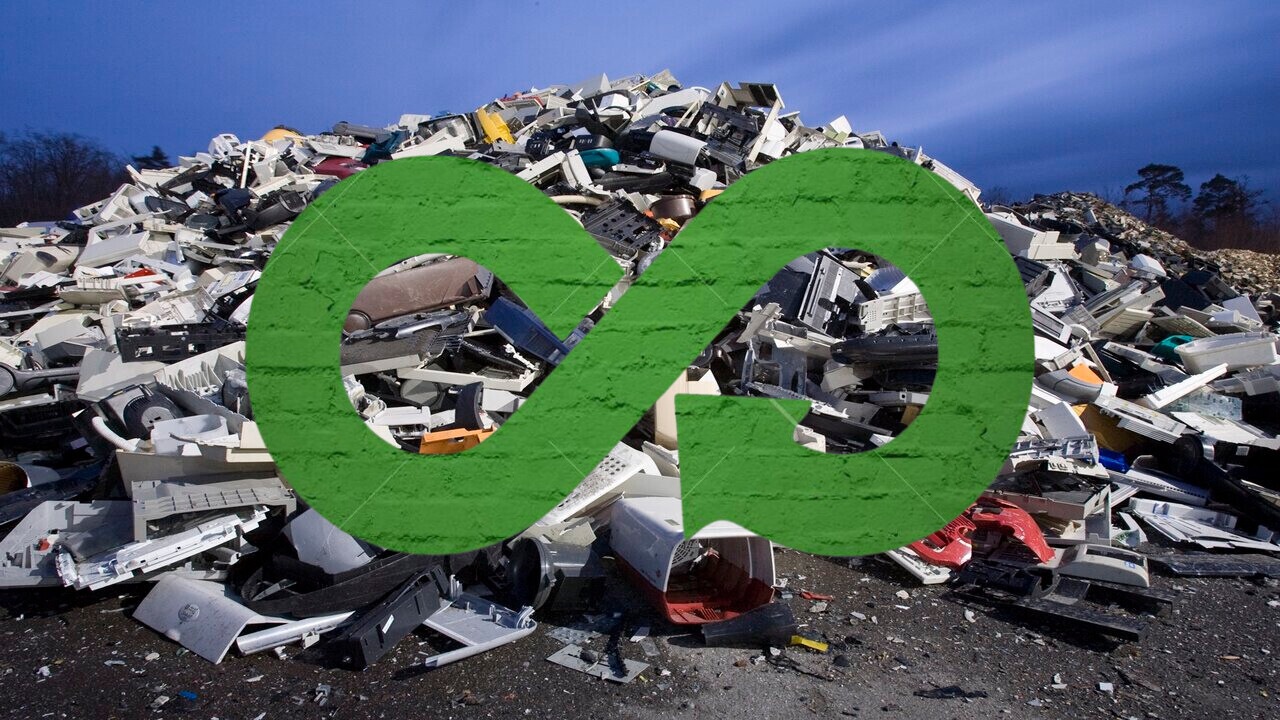
Everyone knows about recycling, from when you throw boxes in the paper bin to taking bottles back to the store in exchange for a deposit. But a growing movement now throws recycling on its head: circular design.
Circular design completely reimagines product design from the original blueprints to various product lifecycle stages and what happens to each product after it has fulfilled its original purpose. It’s a big deal in mobility and part of a broader circular economy. But I want to introduce you to some other amazing use cases. They showcase modularity, upcycling, and the sharing economy.

Modular design
Modular products are by virtue scalable, flexible, and economical, particularly in terms of economics and environmental footprint, because they reduce the need to replace entire products when all but one module are functioning.

An example is Gerrard Street headphones. Their modular design allows 85% of components to be reused. The use of durable, standardized designs, means the use of fewer virgin materials to create new headphones.
Further, the subscription model allows Gerrard Street to recover and recycleheadphones at the end of their life. Very cool.
Upcycling
While we want a world without carbon emissions, sometimes it’s a necessary evil until something better comes along.
When you think of your carbon footprint, you probably don’t think of the ink in your pens. However, conventional ink-making relies on carbon black as a raw material, making it dependent on fossil fuels.
Graviky Labs has found a way to upcycle the carbon pollution of industrial companies. Their carbon capture tech retrofits onto generator exhausts and small chimney stacks to capture carbon pollution.
Then, through a proprietary process, Graviky Labs turns these particles into a high-grade pigment. This is used to create Air-Ink: hydrated, industrial-grade pigments and inks.

This reduces the cost that industrial companies would otherwise spend paying for carbon pollution removal. Upcycling raw materials further reduces the printing industry’s reliance on fossil fuels.
The sharing economy
Over the last couple of decades, we’ve seen an influx of businesses that run on a model of hiring or sharing goods or spaces instead of owning. Famous examples that have entered our daily lives include Airbnb, Uber, and WeWork.
But what about sharing farm equipment?
Farming has grown increasingly industrialized in recent years. But owning machinery outright is commonly cost prohibitive for smallholder farmers, especially as equipment such as tractors and plows can sit idle for long periods.
In Kenya and Nairobi, Hello Tractor uses IoT to connect tractor owners and smallholder farmers in Sub-Saharan Africa through a farm equipment sharing app.
The hirees make some money towards the cost of ownership, and smallholder farmers can sow and cultivate crops at the correct times to increase yield and reduce labor.
These are just a few examples of circular design – they are consistently evolving with tech as the key to materials innovation, finding novel uses for byproducts, and creating sustainable new business models.
Interested in learning more about circular design in practice? Come along to the TNW Conference this summer, where we’ll be hosting the panel discussion “The realities of a circular economy: implementable action at the core.” Check out the complete list of speakers here.
Get the TNW newsletter
Get the most important tech news in your inbox each week.





